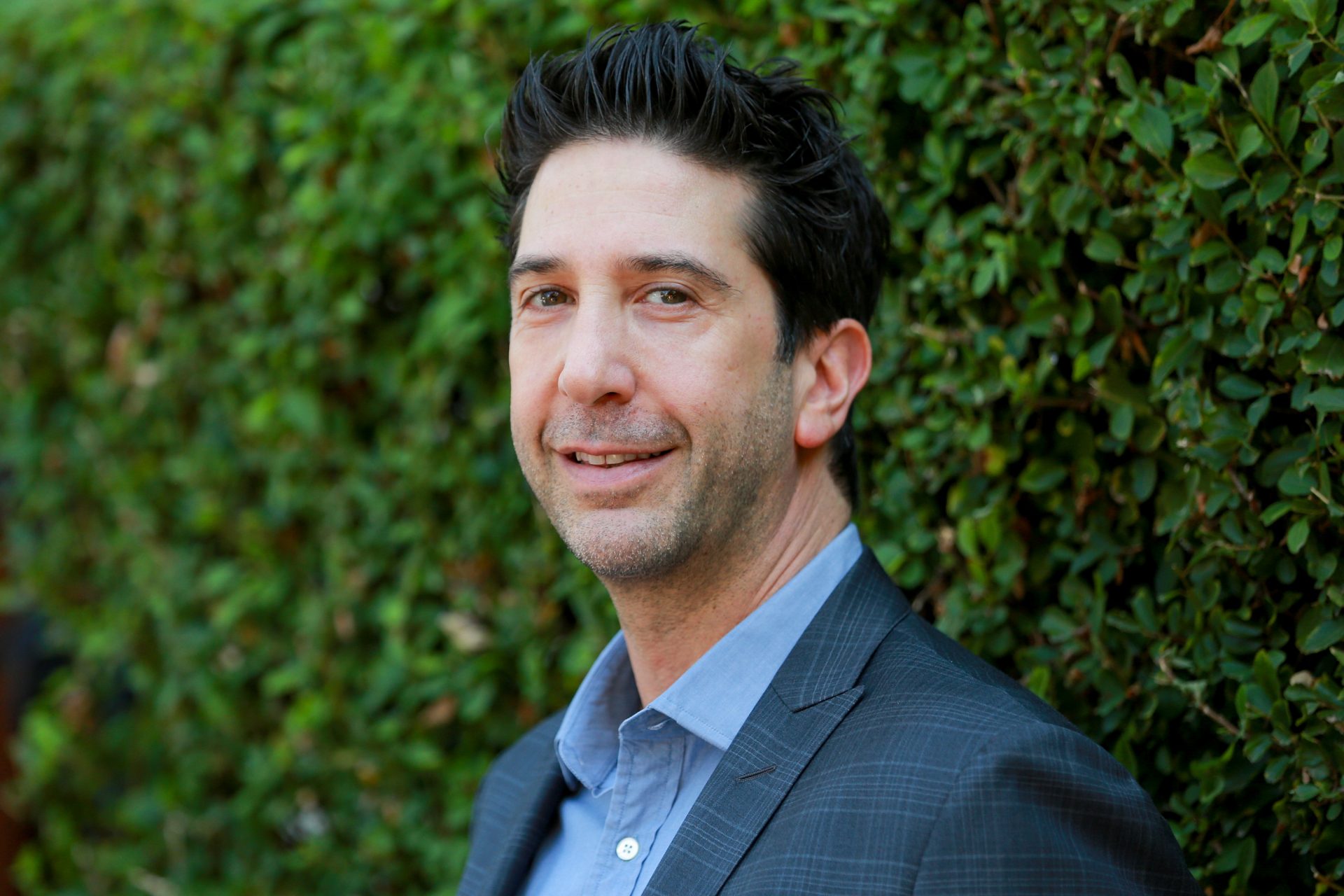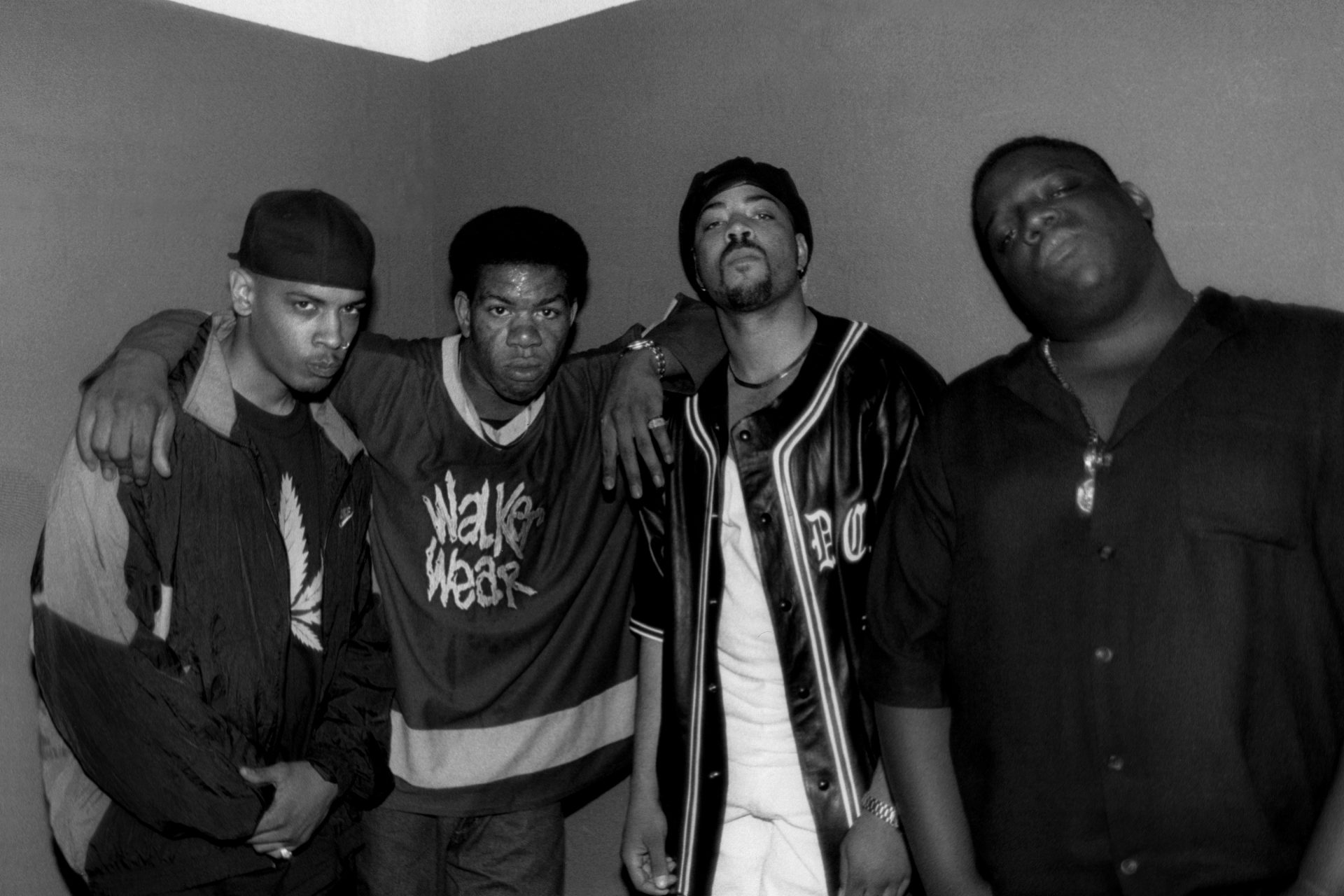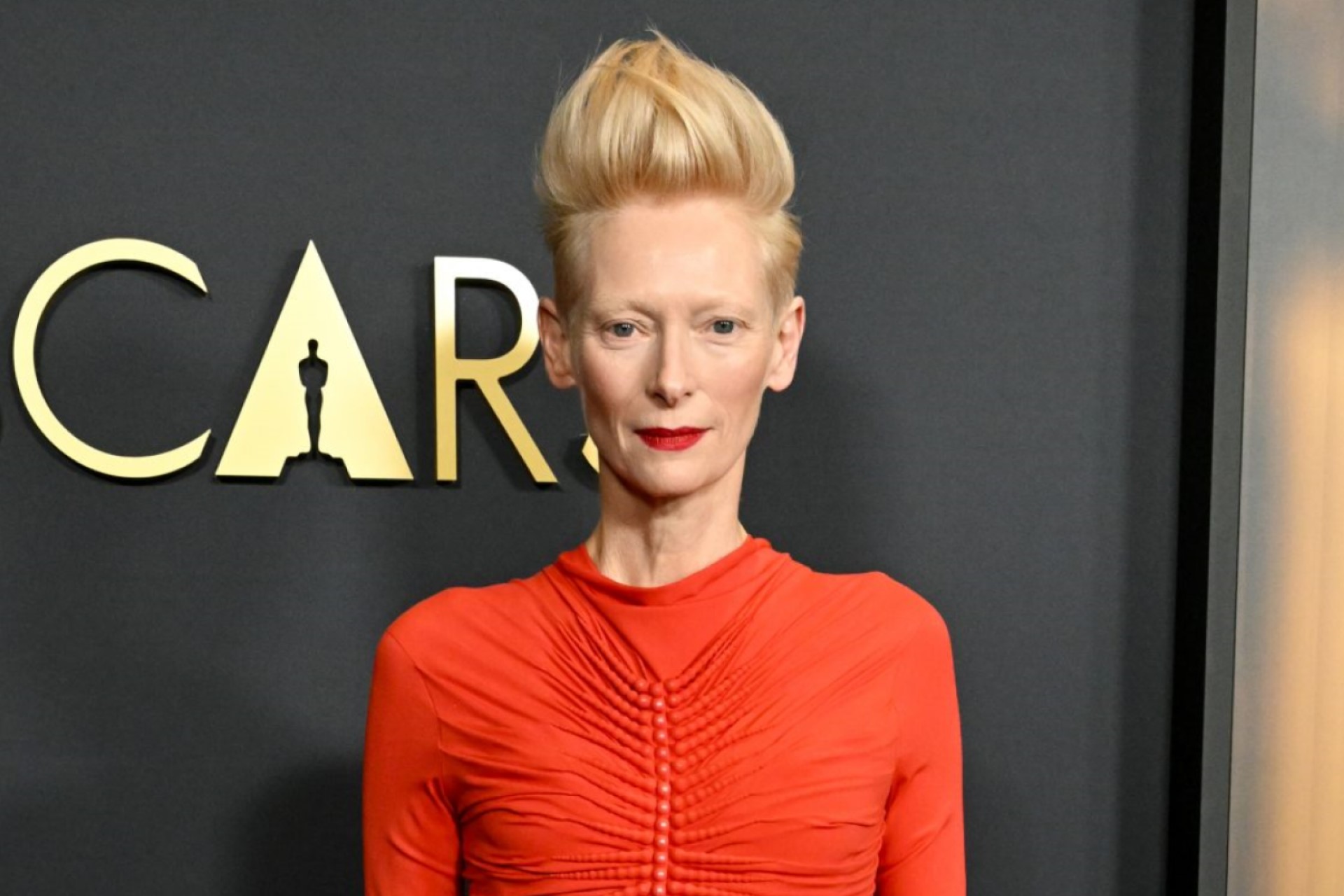Emma, Paul, Matthew: what do these popular first names mean?
While statistics differ per country, we can say that the following first names are quite popular in Western national cultures. What does your name mean? Have you ever looked it up? Maybe it's among the names in this gallery!
Lucy or Lucia has Latin origin and means 'light' or 'she who was born with the light of dawn'.
Lucy, Llucia, Luz, Luciana, and Lucilda are some of its variants. A famous Lucy is pictured here: Lucy Liu.
Of Greek origin, its meaning would be 'luminous'. However, another origin could be from the Greek Zoukas.
Lluc, Luka, Luc, or Luke are some of its variants in other languages.
Hugh or Hugo's origin is Germanic and its meaning is 'intelligence' and 'good judgment'. In Norse mythology, Hugo were the ravens that advised the god Odin.
Hugh, Uga, Hugues, Hugutter, Ugo, and Hug are the alternatives in other countries. In the picture: Hugh Grant.
Sofia is a name of Greek origin whose meaning is 'the one who has wisdom'. In Spain, it has been used for years due to the influence of the queen emeritus of the same name.
Sophia, Sophie, or Sofija are variants widely used in the world. In the photo, Sofía Vergara.
Martin's origin is in the god Mars, although there is also the possibility that his origin is Latin and has its roots in Martial.
Other derivations in other languages are Marten, Marten, Maarten, or Martinus. Here we see Martin Short.
Of Hebrew origin, the name of Mary has several etymologies. One of them is 'Eminent' or 'Excelsa'.
It also has numerous derivations such as Mary, Miriam, Marie, or Maryam.
Daniel is a name of Hebrew origin formed by the sum of 'dan' ('judge') and 'el' (abbreviation for 'God'). The meaning of the name is 'divine justice' and it is one of the most common among Jews and Catholics historically.
Its variants in other languages are Danel, Danilo, Daniele, or Dan.
It is a derivation of the male Martin and also comes from the god Mars.
In addition to the Spanish version, the French version is also widely used: Martine. In the photo, we see tennis star Martina Navratilova.
Paul is a name that comes from the Latin Paulus and means 'little'.
Among its variations in other languages are Pau, Pol, Paulo, Paolo, and Pablo.
Paula also has Latin origin and also means 'little'.
It is not the only variation of this name: Paola, Paule, Paulette, or Paulina are other examples. In the photo, we see a famous Paula, Ms. Abdul.
Alexander is a name of Greek origin whose meaning is 'protector' or 'defender'.
Variations include Alec, as in Alec Baldwin (photo).
This name comes from the gentile surname of the ancient and patrician Roman family gens Iulia, those considered children of Julio or Ascanio, son of Aeneas.
It has widely used derivations such as Julie, Juliana, or Jule. Here we see Julia Louis-Dreyfus.
The origin of Matthew is Hebrew. In fact, it is the Hellenized version of Matthias, which means 'gift' or 'gift of God'.
Mateu, Matai, Matthieu, and Matteo are the alternatives in other languages. On the photo, we see the late Matthew Perry.
Of Hebrew origin, the name means 'God is my judge' or 'Justice of God', as it is made up of two words: dan and ela.
Danielle, Danny, or Danniele are some variations.
Adrian is a name from Latin, meaning 'dark' or 'black'.
Its variants in other languages are Adriá, Hadrián, Adriano, and Adrien. The latter is represented in this photo by actor Adrien Brody.
Valeria is a name of Latin origin whose meaning is 'healthy' and 'courageous'.
It's been one of the most fashionable names of the last decade and has variations like Val or Valerie.
Manuel is one of the most classic names. It has a Hebrew origin and was formed by the union of Emmanu and El, which means 'God is with us'.
Manel, Emmanuel, or Immanuel are some alternatives in other languages.
Of Germanic origin, this first name has its root in 'Ermin', which means 'whole' or 'universal'. In Anglo-Saxon countries, it is the most widespread name. In fact, in the United States, it is the most used name in the last 10 years.
Its variants are Herminia, Emily, and Emmanuela.
Leo is a variant of Leon, both names of Greek origin. The meaning is 'fierce' or 'strong as a lion' and has alternatives in other languages such as Leonel, Leonardo, or Leopoldo.
Here's a famous Leo: Leonardo DiCaprio.
Carla is another name of Germanic origin, and it's been on the rise in recent years. Its etymology refers us to Karl, which means 'the strongest' or 'powerful'.
Some variants are Carlota, Carolina, or Karla.
In the photo: actress Rhea Perlman as the famous Carla Tortelli from 'Cheers'
Another classic name of Hebrew origin, this name means 'the beloved' or 'the chosen one of God'. In general, the name is written the same way in all countries, despite the fact that the pronunciation varies.
In the photo, actor David Schwimmer.
Sarah is a name of Hebrew origin and appeared in the Bible. It means 'princess'. For many parents, it has lost the 'h' and has become 'Sara' instead.
In the image, actress Sarah Paulson.
Mario is a name of Etruscan and Roman origin that means 'related to the god Mars'.
Marius or Mario are some of its variants in other languages. One of its proud representatives is Mario Lopez, known among other things for 'Saved by the Bell'.
Carmen, a classic name, has a Hebrew origin with the word 'Karmel'. Among its meanings, 'the garden of God' is the most accepted. However, there are also people who say the name is Latin and means 'song.'
Carmen has variants such as Carmela, Carmina, or María del Carmen.
In the image, Carmen Electra.
Noa is a Hebrew name about whose meaning there is no agreement. Some historians say that it means 'rest', while others say it means 'motion'. Some even allude to 'Nahum' as its origin, and in that case, its translation would be 'comfort'.
In the image, the incredibly fast athlete Noah Lyles.
Claudia has a Latin origin and comes from its masculine, Claudio, which means 'light'.
Supermodel Claudia Schiffer is an important representative of all women with this beautiful name.
Follow Showbizz Daily to see the best photo galleries every day






































